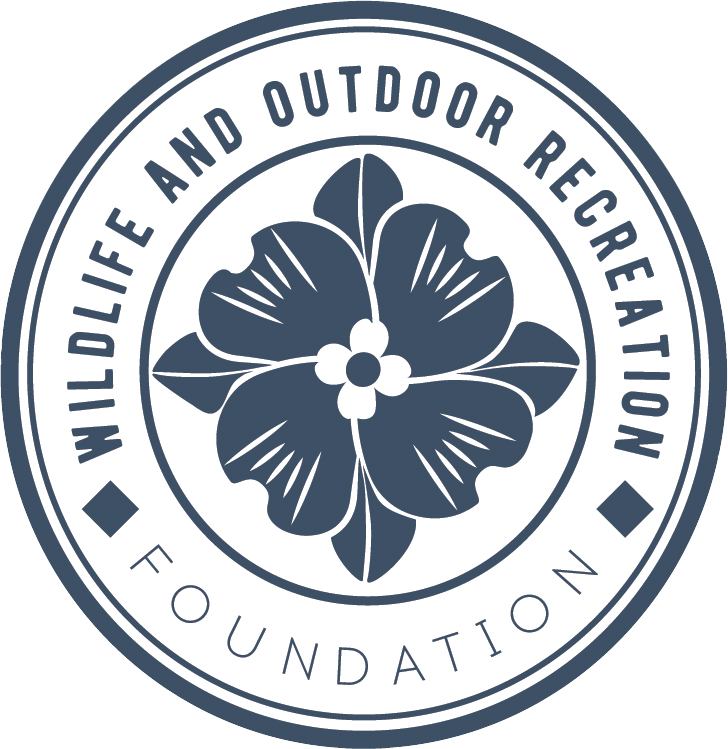
Southeast Bumble Bee Atlas
Citizen scientists powering bumble bee research.
Most bumble bee populations have experienced significant declines in recent years.
The Southeast Bumble Bee Atlas is a 3-year project that will begin later in 2023 and engage citizen scientists, like you, to adopt an area to take pictures of bumble bees during their active season. Photos will be collected in a dataset and identified by experts. These efforts will help WRC learn more about region-wide demographics, bumble bee status, and habitat preferences.
Rusty-Patched Bumble Bee (Bombus Affinis)
Contributes to our food security and the healthy functioning of our ecosystems and is federally endangered.
The Value of Bees
There are over 500 native species in NC, and support NC’s $84 billion agriculture industry.
Why Bumble Bees Matter
Bumble bees are important pollinators for various crops integral to our diet and flowering plants essential to wildlife. High quality habitat is needed to support bumble bees, but gaps in knowledge of habitat requirements and population status has been a barrier to effective conservation in the Southeast. This project will cover NC, SC, GA, and TN.
Building on Success from the Pacific Northwest
Important information, data, and lessons learned from the Pacific Northwest Bumble Bee Atlas were used to help develop a Habitat Management Guide. WRC is hoping to accomplish the same in the Southeast.
Partnerships and Funding
In addition to the Xerces Society, WRC has partnered with state and federal agencies, as well as several universities across all four states. However, all funding to support this project are through a competitive grant program shared among the four states to fund the online atlas and identification.



